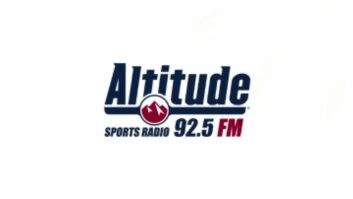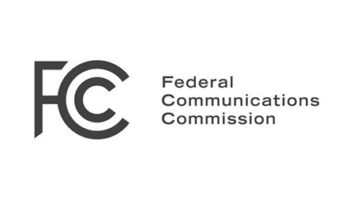FCC approves AM station rebroadcasts on FM translators
Sep 1, 2009 12:00 PM, By Harry Martin
In an effort to provide a lifeline to an AM radio, the Commission has changed its rules to permit AM stations to rebroadcast their signals on FM translators under certain conditions. The long awaited Report and Order � released many months after the anticipated adoption date � opens the door for considerable, but not universal, cross-service translation.
Under the new rules, AM stations may rebroadcast on �currently-authorized� translators in the non-reserved (i.e., commercial) portion of the FM band, provided that no portion of the 60dBu contour of the translator extends beyond the smaller of either (a) the AM’s 2mV/m daytime contour or (b) a 25-mile radius from the AM’s transmitter site. A currently-authorized translator for these purposes is one that has been licensed or authorized by a construction permit in effect as of May 1, 2009. Translators whose initial permits are granted after May 1, 2009, and those granted pursuant to the currently pending applications, which number in the thousands, will not be eligible.
These changes got serious attention in 2006 when the NAB filed a petition for rulemaking proposing the idea of cross-service translation. In anticipation of the relaxation, in 2007 the Commission started issuing STAs to let some AM stations use FM translators on a case-by-case basis. Last fall it looked like the final rules were set to be adopted when an AM-on-FM item appeared on an FCC meeting agenda. But the item was removed from the agenda without explanation. LPFM interests were and are still concerned that assigning FM translators to AM stations on an unlimited basis will make it difficult for them to make inroads on the FM spectrum they want for expansion of the LPFM service. They worked behind the scenes to convince then-FCC Chairman Michael Copps to postpone consideration of the item.
The new rules have limitations. Not only must a translator be an existing one to be eligible, the financial support rules that apply to FM station use of translators will equally apply to AM stations, thereby limiting extension of an AM station’s service area through a translator owned by another party. As to ownership of multiple translators, while a single AM station may own more than one, the Commission will not permit ownership of more than one translator serving the same area. In this connection, the Commission warned that it will �consider it an abuse of our rules for a licensee to use two or more cross-service translators to effectively create a de facto FM station.� However, the Commission provided no clear indication of how it will identify such situations.
Reversal of $7,000 fine for broken lock
In March 2008 FCC agents from Denver conducted an AM station inspection in their region. On their arrival, the agents found the gate lock to the tower fence was broken. The agents went to the main studio and reported that the lock was broken. Within two hours, the licensee installed a new lock and called the FCC agents to report the repair. Later, the agents interviewed the station’s contract engineers to try to find out how long the lock had been broken, but could not get anyone to say that it was for a long period. The agents also made a return visite to the site four days after the first inspection, but found that a new lock had been installed. Nevertheless, the FCC’s Denver field office issued $7,000 NAL for the broken lock. In a rare reversal, the FCC’s Western regional director agreed that $7,000 was excessive. Indeed, the regional office cancelled the forfeiture entirely and merely admonished the licensee. The reversal was based on the fact there was no evidence as to how long the lock had been broken prior to the arrival of the agents. The only thing that the Denver agents knew for sure was that the lock was broken when they arrived.
Martin is a member of Fletcher, Heald & Hildreth, PLC, Arlington, Virginia. E-mail:[email protected]
Dateline
For noncommercial stations in the following locations only, the biennial ownership report deadline is Oct. 1: Alaska, Florida, Hawaii, Oregon, Puerto Rico, Virgin Islands, Washington and the Pacific Islands.
Oct. 1 is the deadline for radio stations in Alaska, Hawaii, Oregon, Washington and the Pacific Islands with more than 10 full-time employees to electronically file their Broadcast EEO Mid-Term Reports (Form 397) with the FCC.
Oct. 1 is the deadline for radio stations licensed in the following states to place their annual EEO Reports in their public files: Alaska, Florida, Hawaii, Iowa, Missouri, Oregon, Puerto Rico, Virgin Islands, Washington and the Pacific Islands.
Nov. 1 is the deadline for submission of biennial ownership reports for commercial radio stations in all states and territories.









